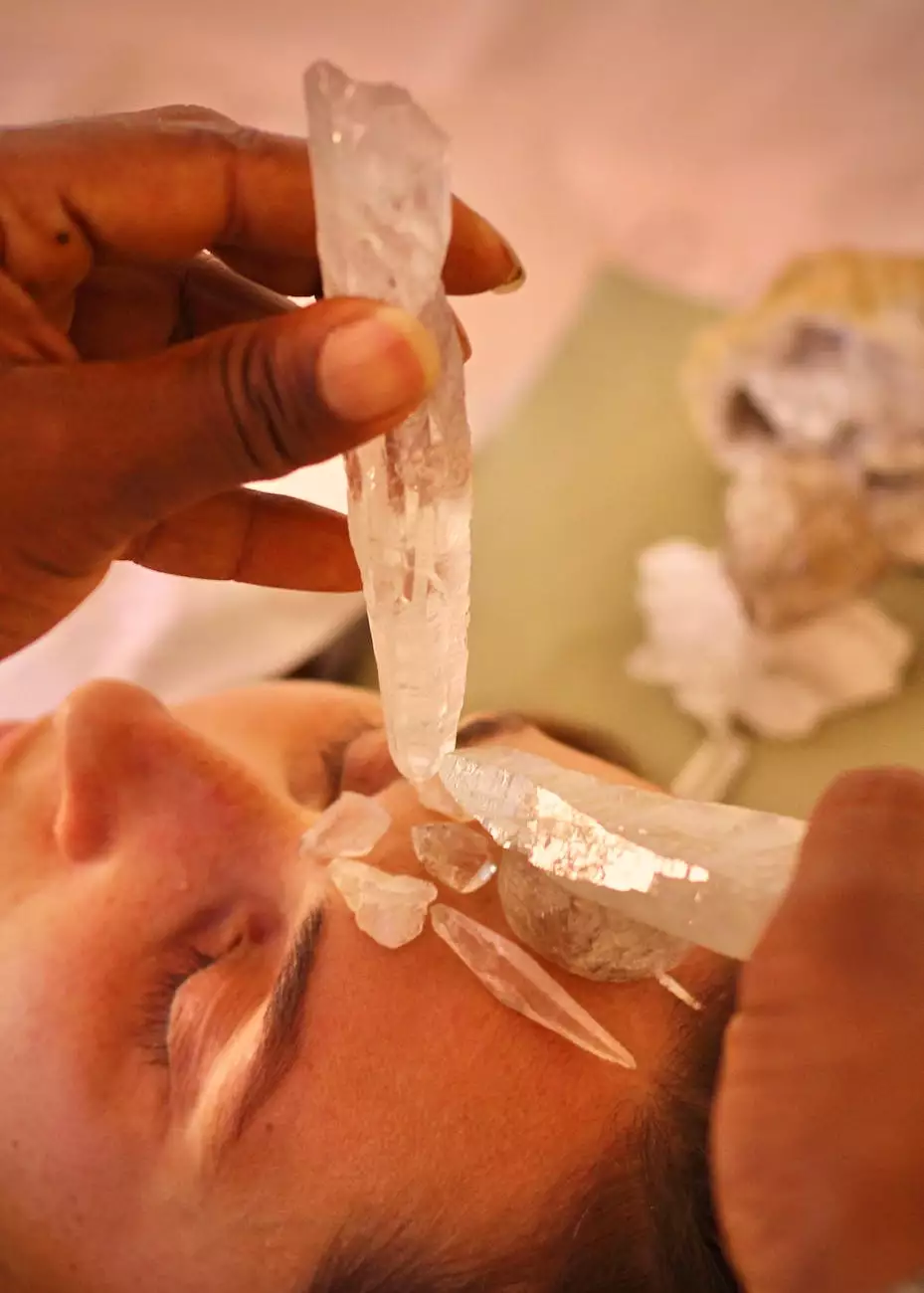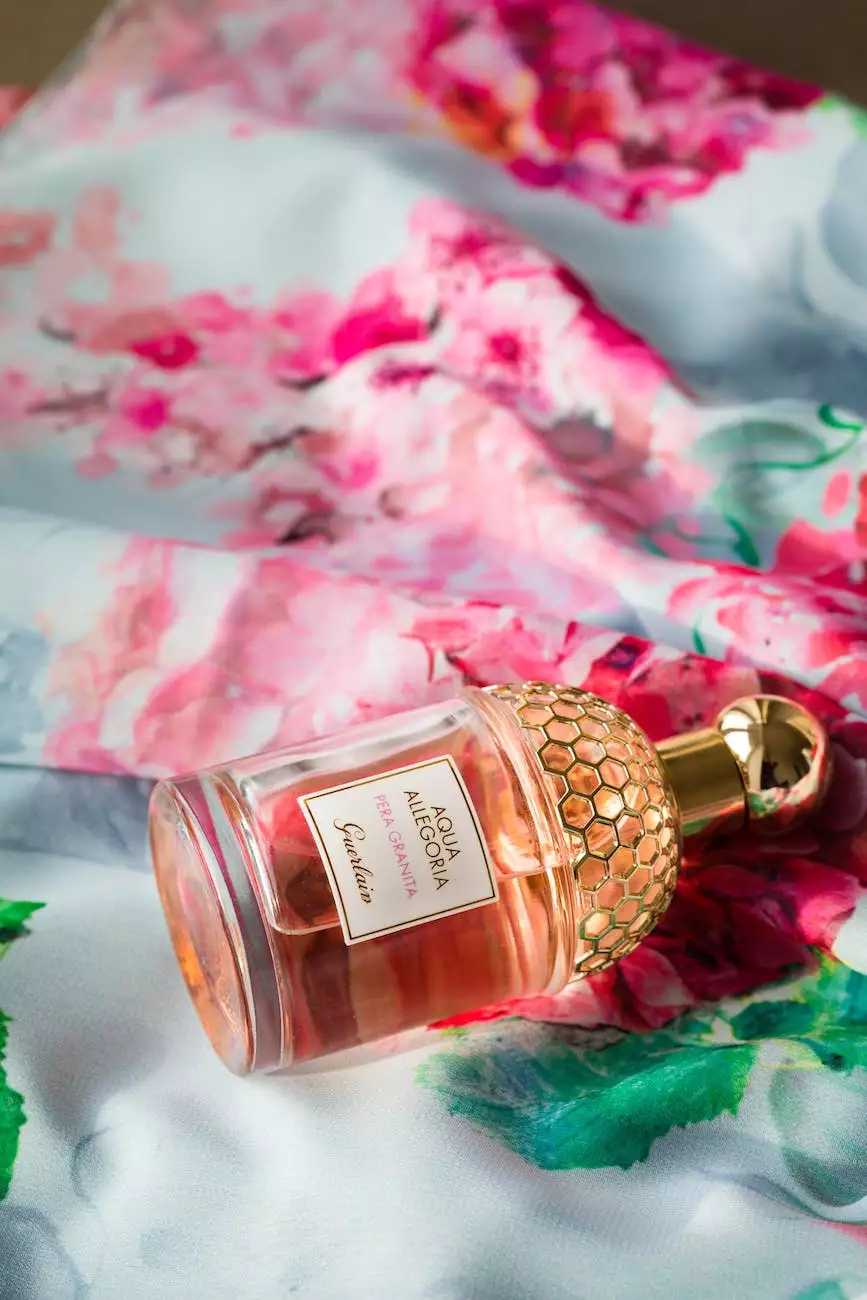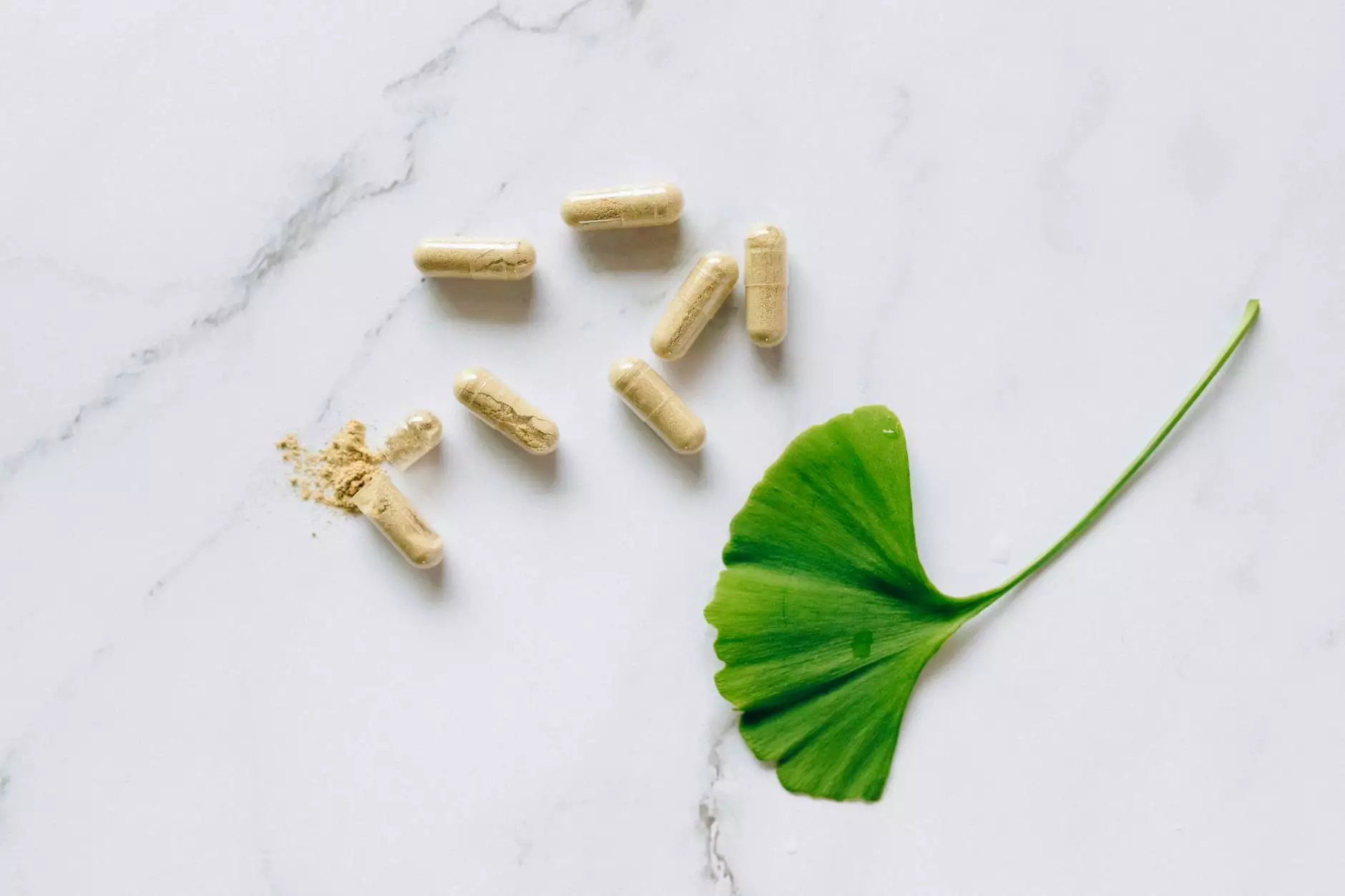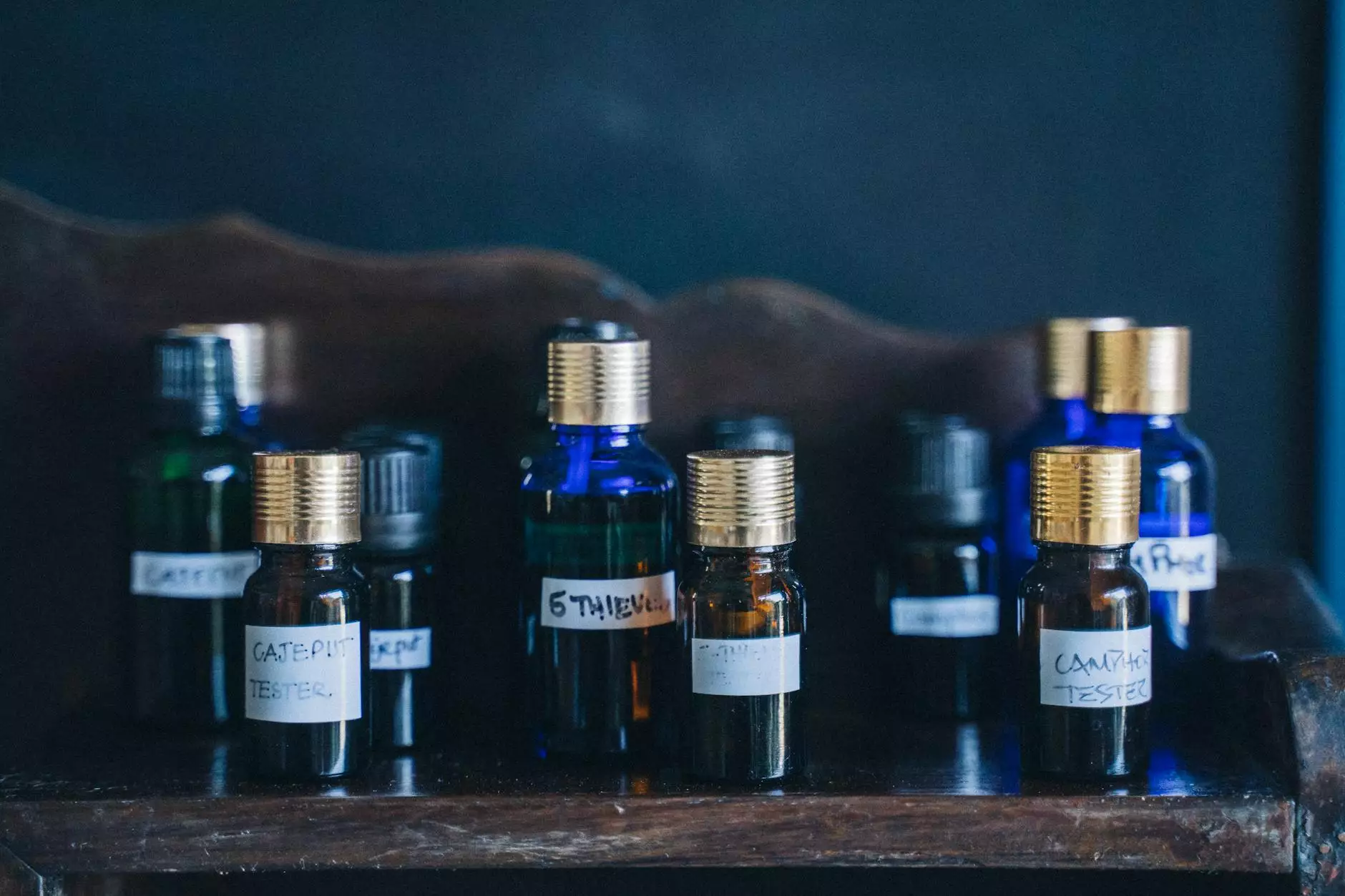Sustainable Herb Cultivation for Traditional Chinese Medicine
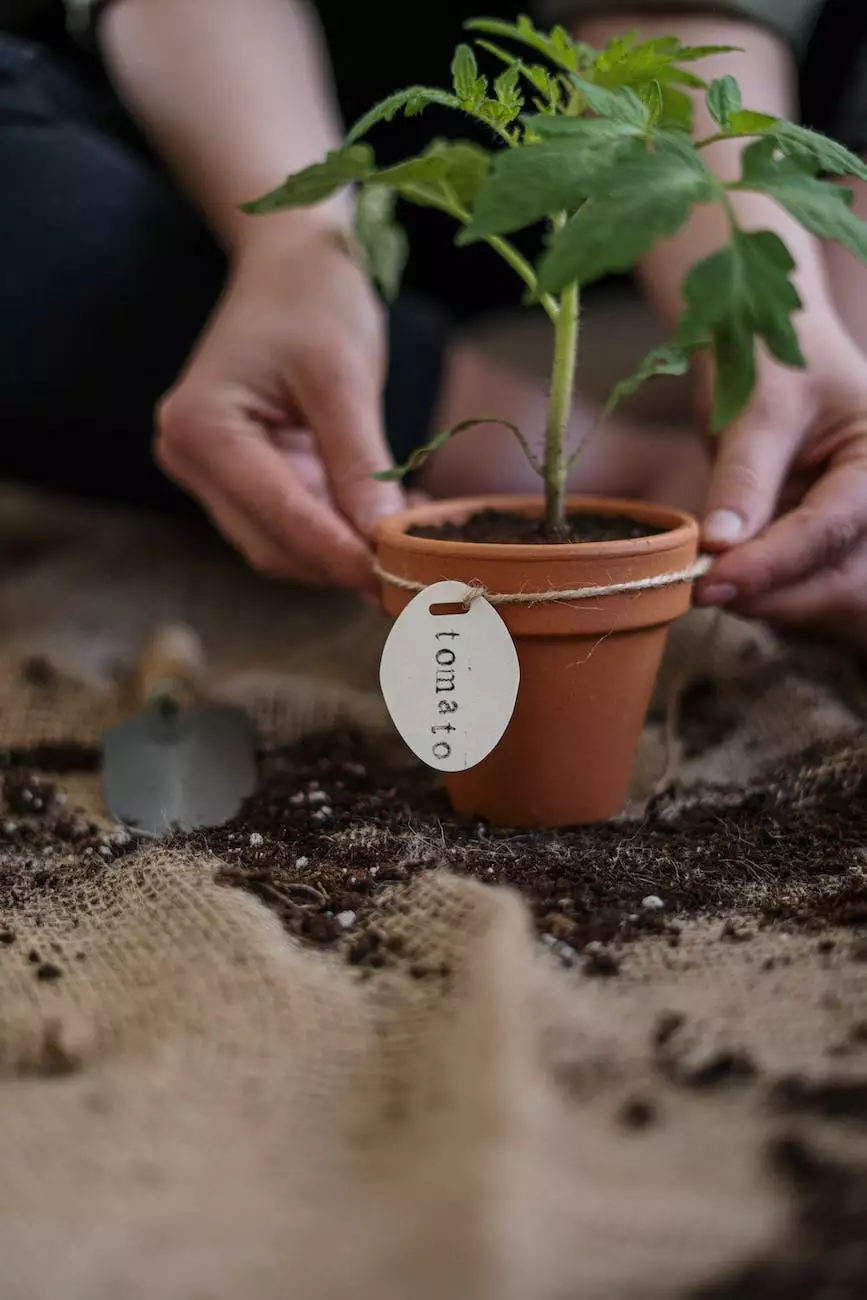
At Redding Integrative Medicine, we are passionate about providing alternative and natural medicine solutions for individuals seeking to improve their health and well-being. As a trusted source of holistic treatments, we understand the significant role that herbal medicine plays in Traditional Chinese Medicine (TCM). In this article, we will explore the importance of sustainable herb cultivation and its impact on preserving herbal resources for future generations.
The Significance of Traditional Chinese Medicine
Traditional Chinese Medicine has been practiced for thousands of years, utilizing herbs and other natural remedies to restore balance and promote overall health. Nature is often regarded as the ultimate healer in TCM, and the use of herbs has proven to be extremely effective in treating a variety of ailments.
The Need for Sustainable Practices
As the demand for TCM grows worldwide, it is essential to prioritize sustainable practices in herb cultivation. TCM heavily relies on natural resources, and unsustainable cultivation methods can lead to overharvesting and depletion of precious plant species.
By implementing sustainable practices, we can ensure the long-term availability of these vital herbs, maintain ecological balance, and support the communities that rely on herb cultivation for their livelihood. Sustainable cultivation practices include organic farming, crop rotation, and proper harvesting techniques to minimize damage to the environment.
The Role of Redding Integrative Medicine
Redding Integrative Medicine is committed to promoting sustainable herb cultivation for TCM. We work closely with ethical suppliers and cultivate our own medicinal herb garden using organic and environmentally-friendly practices.
Our team of experts includes experienced farmers, herbalists, and agronomists who are dedicated to preserving herbal resources. We prioritize the use of native and non-endangered plant species, ensuring that our patients receive the highest quality herbs without compromising the environment.
Our Sustainable Cultivation Techniques
When it comes to herb cultivation, we follow strict guidelines to ensure sustainability:
- Organic Farming: We avoid the use of synthetic pesticides, herbicides, and fertilizers, prioritizing natural alternatives to promote plant health and minimize environmental impact.
- Crop Rotation: By rotating crops, we prevent soil depletion and maintain nutrient balance, resulting in healthier plants and a more sustainable cultivation process.
- Composting: We utilize organic waste and composting techniques to enrich the soil naturally, reducing the need for chemical fertilizers and promoting a healthy ecosystem.
- Harvesting Best Practices: Our skilled herbalists employ proper harvesting techniques, timing the harvest to maximize the herb's potency while allowing the plant to regenerate. This approach ensures long-term herb availability and minimizes harm to the environment.
The Benefits of Sustainable Herb Cultivation
Choosing sustainable herb cultivation practices offers numerous benefits:
- Preservation of Herbal Resources: By practicing sustainability, we safeguard valuable plant species, ensuring their availability for future generations.
- Environmental Protection: Sustainable cultivation methods minimize harm to the environment, preserving biodiversity and maintaining the delicate balance of ecosystems.
- Enhanced Herb Quality: Herbs cultivated sustainably often exhibit higher quality and potency, providing the best health outcomes for patients.
- Support for Local Communities: Sustainable cultivation practices support local farmers and communities, fostering economic stability and preserving traditional knowledge.
Partnering for a Healthier Future
At Redding Integrative Medicine, we believe in the power of sustainable herb cultivation and its positive impact on healthcare and the environment. By partnering with us, you are supporting a holistic approach to medicine that prioritizes natural, ethically-sourced herbs.
Join us on our journey towards a healthier future, where sustainable herb cultivation and Traditional Chinese Medicine coexist harmoniously to promote optimal health and well-being.


